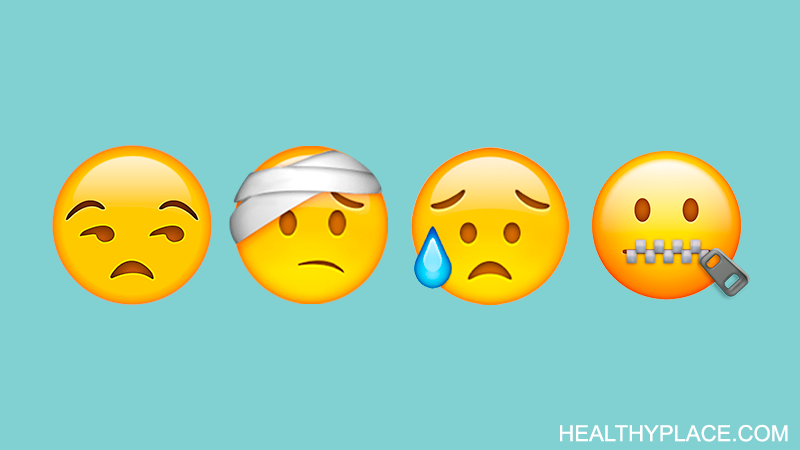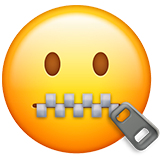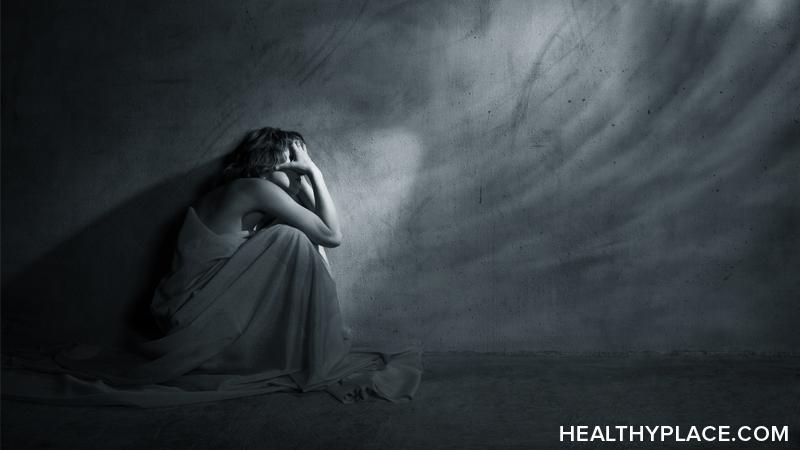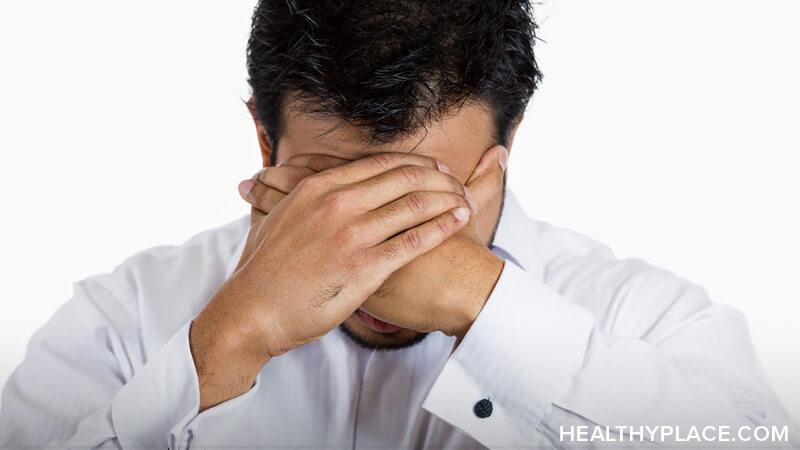How to Deal with Depression and Weight Loss or Weight Gain
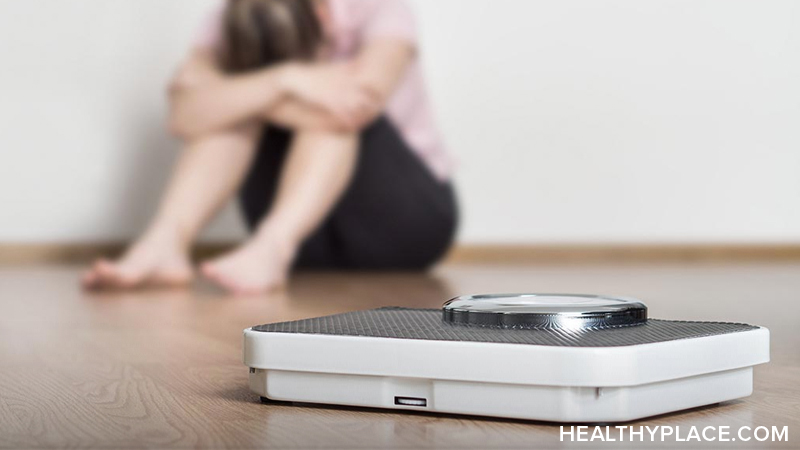
The relationship between depression and weight loss or weight gain is real. Studies continue to connect depression and weight changes. A prominent theme in their findings is that the link between weight and depression is complex. There are reasons why you might gain or lose weight if you are depressed, and those reasons go in both directions—weight issues can worsen depression, and depression can contribute to weight problems. Another important theme is that there are ways you can break the link between depression and weight loss or weight gain and improve both your physical and mental health.
Reasons Why Depression and Weight Gain or Weight Loss Are Connected
The mind and body are connected and function as one whole. They affect each other and move with each other. What happens in your brain impacts your gut and vice versa. Similarly, your own life experiences are processed by not just your brain but by your whole system. This is the fundamental reason for the association between weight loss, weight gain, and depression.
Depression and weight are biological, at least in part. Just two examples of the connection:
- The neurotransmitter serotonin is important in mood regulation. We think of it as part of the brain’s chemistry, which it is, but did you know that about 90 percent of serotonin is produced in the gut (Stoller-Conrad, 2015)?
- The limbic system in the brain is responsible for both emotion and appetite. This could be a strong reason why depression impacts each. A voracious appetite and a meager one directly affect weight.
Depression isn’t solely biological, of course, so weight changes aren’t either. Other contributing factors to depression and weight loss or weight gain include:
- Change in nutrition. With its lack of energy and interest in doing many things, depression makes healthy cooking and eating difficult. Convenience, packaged, or fast food is much easier but leads to weight gain and impedes the body’s recovery from depression.
- Comfort eating. This is another example of the brain-gut link. Depression makes people crave comfort foods like sugars and fatty foods.
- Lack of sleep. Insomnia is thought to play a role in depression weight loss because the body burns more calories when awake. Significant sleep loss can shed pounds in an unhealthy way.
- Inactivity. Depression causes fatigue, lethargy, and muscle or joint pain, making exercise difficult. Lack of exercise is a contributor to weight gain.
- Restlessness. Depression can also cause agitation and restlessness. The body burns extra calories, and when coupled with poor appetite, weight loss ensues.
- Medication side-effects. Weight gain or, less common, weight loss, is a side effect of some antidepressants.
There are sound reasons why depression weight loss and weight gain happen. That doesn’t mean that they’re inevitable, however, and if you do experience unwelcome weight changes with depression, you can reverse them.
How to Take Care of Depression Weight Gain or Weight Loss
Despite how depression might make you feel about yourself, you are worthy, and you are able. You can empower yourself to take charge of weight changes and depression. As you do, it’s important to think in terms of working on both together. It’s been shown that treating them simultaneously is more effective than addressing just one.
Professional help can be beneficial. Recognizing the legitimate connection, many doctors treat depression and weight together. Primary physicians, therapists, nutritionists, and registered dieticians can all help you be successful—and safe—with your mood and weight goals.
These tips can help your mind and body:
- Make gradual dietary changes, systematically replacing processed and refined foods with whole grains, nuts, seeds, fruits and vegetables, and healthy fats (the Omega-3 fatty acids found in sources like salmon, tuna, and avocados).
- Keep healthy, easy foods handy, such as bananas, grapes, cut carrots, granola, and yogurt.
- Increase physical activity. Setting an alarm to sound each hour can remind you to move, if only for a few minutes (ideally outside).
- Use therapy and/or self-help books to change your thoughts and perspectives (cognitive behavioral therapy (CBT), acceptance and commitment therapy (ACT), and positive psychology are all helpful for depression).
- Take medication as prescribed by your doctor.
- Manage stress, as stress affects weight and mood. Use aromatherapy, journaling, laughter, mindfulness, deep breathing, support, and an enjoyable hobby to reduce stress and its effects.
Overall, be gentle and patient with yourself. These are chronic conditions that require a long-term approach that sometimes feels slow and overwhelming. Keep taking positive action every day, and you will make changes happen.
Also, remember to use a holistic approach. Because depression and weight gain or weight loss are complex, there isn’t one single treatment approach that will work alone. Tend to your brain, gut, whole body, thoughts, feelings, and behaviors to overcome depression, reach a healthy weight, and live your life fully.
APA Reference
Peterson, T.
(2021, December 30). How to Deal with Depression and Weight Loss or Weight Gain, HealthyPlace. Retrieved
on 2025, October 27 from https://www.healthyplace.com/depression/symptoms/how-to-deal-with-depression-and-weight-loss-or-weight-gain
